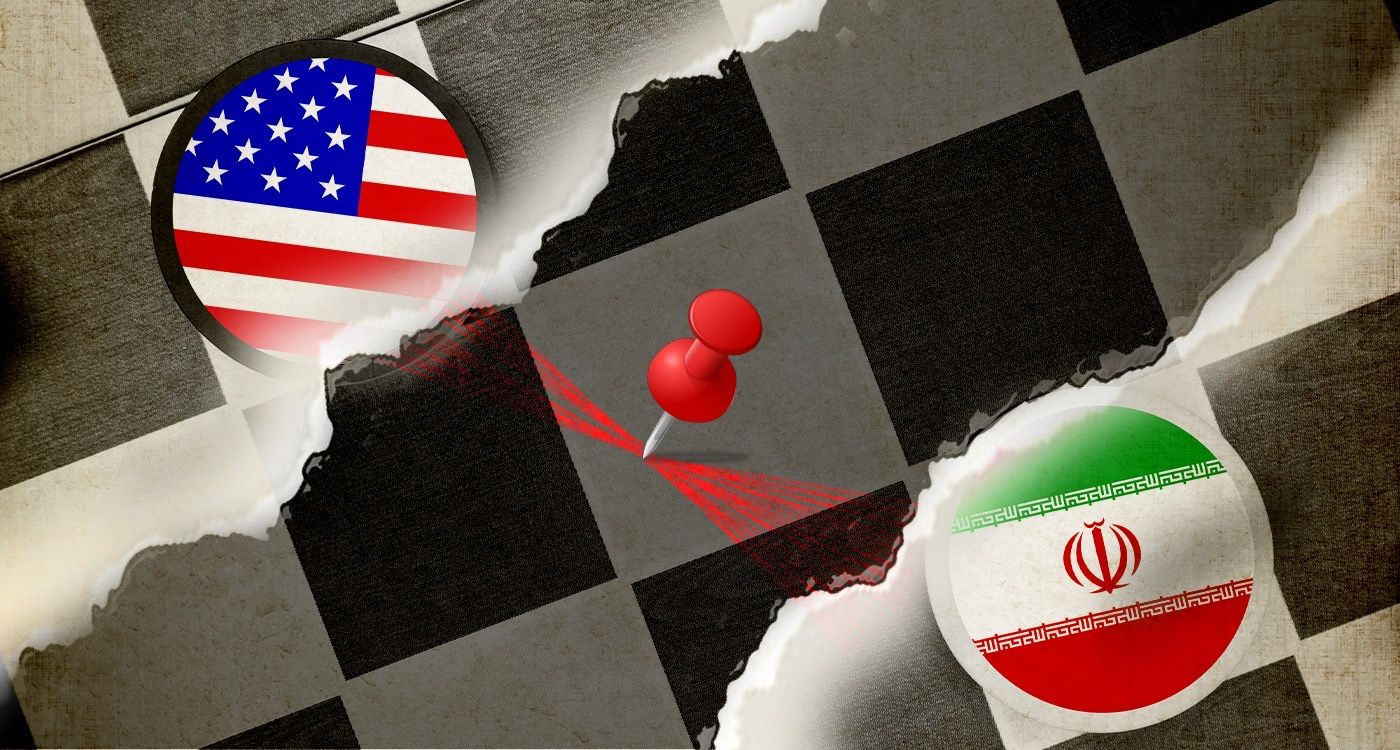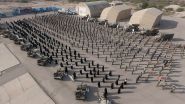- Home
- Middle East
- America, Iran, and the Appearance That Deceives

©This is Beirut
Judging from the statements out of Tehran and Washington, the American-Iranian nuclear talks are going swimmingly. This studied appearance is only natural. Iran's leaders are highly motivated to draw the U.S. into protracted negotiations, during which they can appear perfectly reasonable while avoiding further consequences for their inglorious confrontation with Israel during the past 18 months. The second-to-last thing Tehran wants is a breakdown in talks which would expose them to the possibility of a military attack on their nuclear program facilities. But the very last-thing they want is to make concessions any more disadvantageous to them than the JCPOA deal of 2015, which then-candidate Trump called the worst deal ever. At some point those two Iranian desires will come into conflict, but not until the Trump administration concludes that it is itself in a negotiating trap. Meanwhile, Iran will have bought time in hopes for a better day, forestalled accountability, and perhaps rebuilt their air defenses so it is not as vulnerable as at present.
Another virtue for Iran is that even a few weeks into the talks some American fault lines and weaknesses have been exposed. The first related to the administration's bottom line. After the first round, lead negotiator Steve Witkoff was stating it was all about weaponization, that is preventing Iran's ability to weaponize its nuclear capacity. Within 24 hours, he was clarifying that the issue was also dismantling Iran's uranium enrichment program. This shift reflects a fault line between hard and soft liners in the administration. While perhaps not exactly newsworthy to the Iranian side, for them it was a useful affirmation of American squishiness on objectives that might be exploited later in negotiations.
The second fault line came in the form of press leaks and White House statements that seemed to suggest one of the reasons Washington rushed into these talks was to forestall Israeli demands for military action, not diplomacy, while the moment was ripe. These reports seemed to confirm that Trump prefers a deal over military responses. Of course, his position may shift, but at present it seems the Iranians can take some comfort in the fact that Trump and Netanyahu do not see eye-to-eye on how to deal with Iran's nuclear program, which is not unlike similar gaps between American and Israeli leaders during the Obama and Biden years. The Iranians know quite well how to exploit such differences. Donald Trump is of course a force of nature, meaning in this instance potentially strong and unpredictable, which can be highly advantageous in a negotiation. But so long as the administration's behavior suggests a palpable desire for a deal, Iran will play along without giving up anything.
What is particularly disheartening is the administration's abandonment of any linkage between nuclear talks and Iran's regional behavior and ambitions. The calculation in Washington may be that the Israelis have shown they can handle Iran's proxies, so the U.S. should focus on the nuclear file. If true, it would be a strategic blunder and the lost opportunity of a lifetime. Hamas and Hezbollah may be down, but they are not out. To make the reversal of fortunes long lasting, the U.S. should keep the pressure on Tehran. There are already critics in Washington who believe that disarming Hezbollah in Lebanon north of the Litani River should be moving faster. They do not identify exactly how a still-weak Lebanese state can confront Hezbollah at the same time United States officials are sipping tea with Iranian counterparts and leaving the Levant clearly off the tea table. Of course, Lebanese officials have to play their role to recover sovereignty and regain their state's monopoly of arms, lost almost 60 years ago with the arrival of Fatah in Lebanon. But American officials and commentators cannot suddenly pretend this is an internal Lebanese matter. We have to play our role as well, which includes informing the Iranians that not only can there be no deal between America and Iran if its Arab proxies continue to operate outside the bounds of states, there will be consequences not just for Hezbollah, but for Tehran. Turning a blind eye to the interconnected realities of the Middle East does not make those dangerous linkages go away. It only makes them worse.
Reaching a verifiable nuclear deal with Iran that tackles both the problem of missiles and enriched uranium is going to be tough, and will require a seasoned diplomatic and technical team with at least as much experience and knowledge as the Iranian side. It will also require discipline, to ensure the Iranians can neither identify nor exploit American internal fault lines. And it requires acknowledging that a deal in a vacuum that does not address Iranian malign behavior in the region is unlikely to be durable. A nuclear deal is not just technical. It will require a new regional climate, in which Iran will no longer be able to retain assets and pathways to again threaten America's Arab and Israeli partners and generate chaos from Baghdad to Beirut, and Gaza to Yemen. The challenge facing Washington is to recognize that success requires pressure as well as negotiation, patience, and adroit diplomacy that tackles all aspects of the Iranian threat.
Read more




Comments